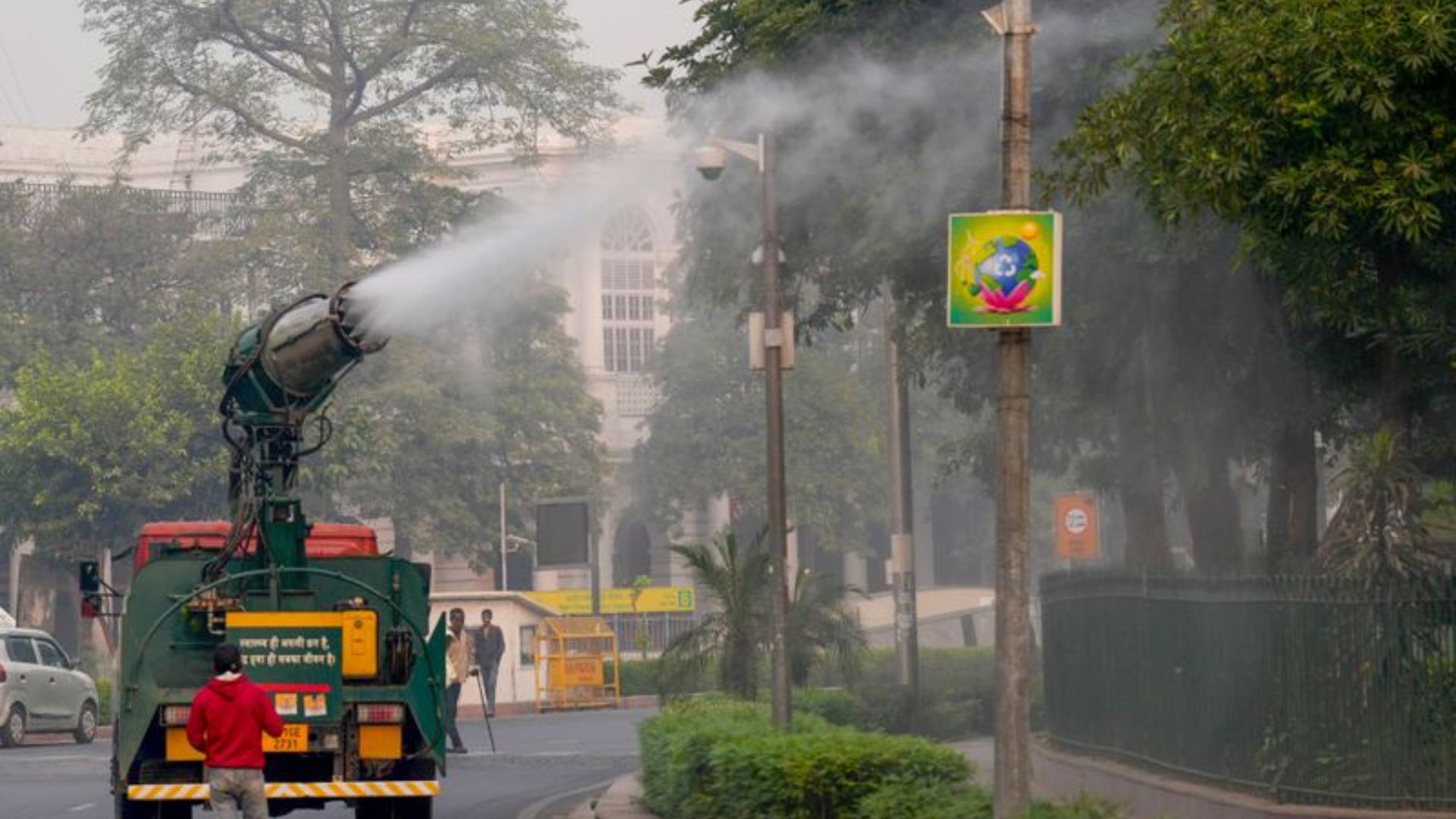As the air quality in Delhi has worsened to ‘severe’ levels, with the AQI reaching nearly 500 in some areas, the Delhi government has requested the Centre to approve cloud seeding, a method of inducing artificial rain, to help reduce air pollution. Experts suggest that artificial rain could wash pollutants from the air, improving air quality.
Cloud seeding is a weather modification technique that aims to enhance precipitation. The process involves identifying suitable clouds and then seeding them with agents that encourage water droplets to form.
How is Artificial Rain Induced?
First, meteorologists identify clouds that contain enough moisture but lack the necessary conditions to produce rain. Common seeding agents include silver iodide, dry ice, or potassium iodide. Silver iodide is often preferred due to its ice-like structure. Dry ice, when sublimated, cools the surrounding air, forming ice crystals, while potassium iodide can also aid in the process.
Also Read: ‘Artificial Rain’ Used In Gurugram Housing Complex To Tackle Pollution | Watch
Planes equipped with burners or dispensers fly through or above the targeted cloud layer to release the seeding agent. This agent acts as a nucleus for water droplets or ice crystals to form. As these droplets or crystals grow larger, they eventually fall as rain or snow, depending on the temperature.
Will Artificial Rain Help Delhi?
Despite the potential benefits, the effectiveness of artificial rain in improving Delhi’s air quality remains uncertain. SN Tripathi, Dean of the Kotak School of Sustainability at IIT Kanpur, expressed doubts about its feasibility. Speaking to NDTV, he stated, “Given the current critical pollution situation, attempting artificial rain now wouldn’t yield much benefit… it requires considerable experimentation.”
He further added, “Considering the clearances needed and the ideal weather conditions, the likelihood of success is quite low.”







